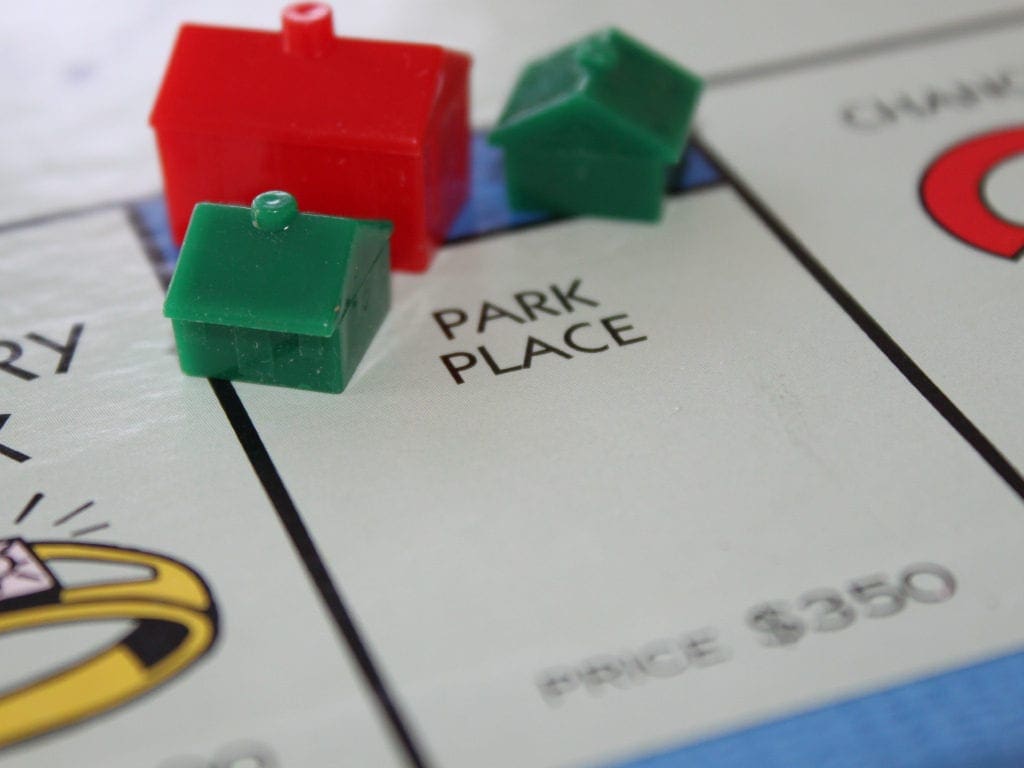Living in one of America’s largest cities isn’t for the faint of heart, and not only because of all the noise, crime, and yes, smell.
When it comes to finding suitable housing in big cities, the reality quickly kicks in as most of us would be incapable of affording to buy a home in some of the country’s population hubs such as Los Angeles, San Francisco, or New York City. While this has been a reality for quite some time, the deadly combination of higher demand and low supply caused by government intervention has made it particularly difficult for anyone to be able to afford to buy a home at these particular locations.

Things have gotten so bad that nowadays, the average person in New York City must work 113.5 hours to pay a month’s worth of mortgage. With an average listing of $798,0000, NYC is the top most expensive city in the country to own a home, but not the only expensive place to live.
In Los Angeles, which comes in second, the average house listing is not too far from NYC at $748,000. The average Angeleno, however, must work 112.4 hours per month to afford a mortgage.
In Miami, the average local must work about 109.4 hours to pay a month’s worth of mortgage while in San Francisco, where the average income is higher than most of the previously mentioned cities, the common local must work 106.7 hours to pay for a month’s worth of mortgage, which isn’t cheap — the median listing in the Golden City is $1,150,000.
Unfortunately, this problem has become a reality not only for the top most expensive cities but for residents of all major urban centers across the country as well. And not because these cities are incapable of providing housing to those who are willing to do anything to stay and work, but because suffocating zoning laws have made it impossible for builders to build, pushing poor people into segregated areas and, as a result, creating privileged neighborhoods that only exist because of government intervention.
With rules that keep landlords from raising rent or that penalize them for kicking out renters who do not keep up with their bills, as well as the implementation of rules that force housing developers to produce low-cost apartments in luxury buildings, rent and cost of purchasing homes actually goes up for everyone in the process, these regulations and others have only one consequence: to jack up the price of housing across the board.
As local governments then step in to remedy the problem by passing more regulations, the results remain the same and the cost of housing goes up once again. Forcing while working and middle-class folks to live farther, and farther away, thus increasing the cost of working in these big cities, which then translate into fewer good-paying jobs.

























